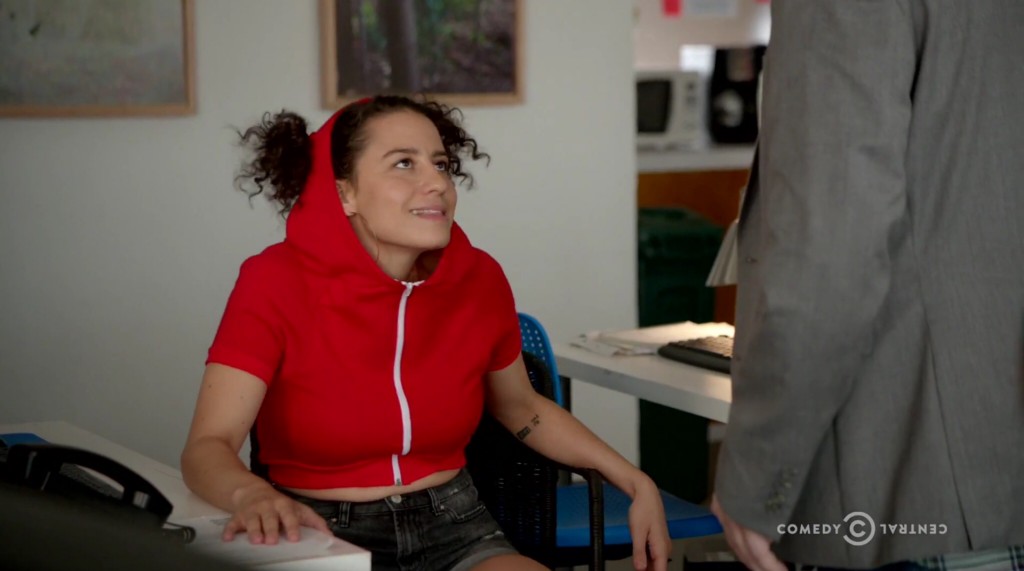Read the Damn Contract: Are Corporations Profiting Off Your Creativity?

This story, about what happens in the creative economy when the lines between personal and professional work are blurred, is a great reminder to ALWAYS, ALWAYS READ THE CONTRACT.
How I Was Taken Advantage Of by Buzzfeed and Thought Catalog
Earlier this month, two favorites at Buzzfeed Video — my friend Brittany Ashley, who created, wrote, and acted in an LGBTQ series called “Lesbian Princess,” and Jenny Lorenzo, who wrote, produced, and acted for the company’s Latino channel, Pero Like — were abruptly fired. They were dismissed because they’d worked on the weekends as actors in America Ferrera’s “Gente-fied” web series, which was deemed in competition with a telenovela series Buzzfeed is developing. Ashley and Lorenzo,like most Buzzfeed Motion Pictures staffers, had been required to sign an agreement when they were hired that prevented them from doing anything that competed with their work at Buzzfeed.
As writer Gaby Dunn points out, non-competes are increasingly common in creative fields, although they are often misunderstood — or completely ignored — by creatives who don’t have experience with legal jargon. Not to say individuals aren’t responsible for their own decisions or can be excused by virtue of their alternative educations or career paths, but as Dunn notes, the lure of a salaried position at a company that claims to value creativity can blind even the most careful of humans.
For marginalized artists, a creative job writing, directing, or acting seems like a godsend. This amazing company is going to allow you to do something you love for money! A major reason companies can get away with one-sided agreements is because we don’t know our own worth. We think we should be grateful for the chance — often given to us by straight, cis, white men — and when they underpay us or overwork us, we should be thrilled with our own exploitation.
Dunn experienced this variety of “artistic exploitation” first hand at Buzzfeed.
I left Buzzfeed in 2015, but they still own a Facebook fan page with my face on it. They can promote whatever they want there using my name and image. I still show up on their Snapchat account sometimes. They could conceivably cut together all the videos I made for them into a series, sell that series for millions of dollars using my work and my name and likeness, and not give me a penny or tell me about it at all. All of this is 100% legal.
To be clear, Dunn isn’t abdicating her responsibility: as she says, she just didn’t read the damn contract. She did exactly what I have done when I receive a professional contract: forward it to your parents.
My father practiced as a lawyer for many years and has been invaluable in helping me navigate contracts; however, he’s also created a warm cushion from which I can allow all of the tiny print to blur and fade into a cloud of “my dad will figure this out.” He was the one to point out the clauses in the contract I signed for my last job that could have limited the freelance writing I was permitted to do, and helped me navigate the conversation with HR to assert my degree of autonomy.
What’s happening to these (often female) artists at places like Buzzfeed and Thought Catalog offers a good reminder that I need to educate myself — we all do. Don’t imagine your employer is going to protect you — that is very literally not their job. As Dunn puts it: “If you do decide to work for one of these places, stay woke — read your contract, use your job for exposure, protect your own ideas, and get out as soon as you can.”
Support The Billfold
The Billfold continues to exist thanks to support from our readers. Help us continue to do our work by making a monthly pledge on Patreon or a one-time-only contribution through PayPal.
Comments